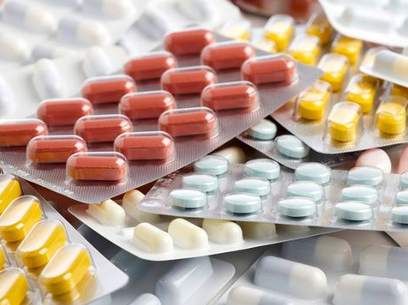– Mohammed Atherulla Shariff
Bengaluru, March 14: March 14 is observed as ‘World Kidney Day’. This year’s theme is ‘Kidney Health for All-Advancing Equitable Access to Care and Optimal Medication Practice’. Despite all kinds of campaigns and medical facilities available, kidney issue seems to be a never-ending ailment.
Doctors have acknowledged the connection between chronic painkiller use and kidney damage as a result of reduced blood flow. Unchecked painkiller use raises kidney disease risk in youth.
Dr Partha Shetty, a nephrologist at a private hospital, treats two to three patients weekly, aged 30-45, with acute kidney injuries linked to painkiller use.
“Many get into active sports and develop some injuries, for which they use painkillers. Even over a few weeks, this painkiller usage leads to Acute Kidney Injury (AKI). We see higher creatinine levels in their blood or protein leakage in their urine and can establish that their kidney functioning is impaired,” he said.
Young adults tend to normally suffer from AKI or acute renal failure, a reversible condition occurring due to infections, short-term consumption of painkillers, dehydration, diarrhea, or fluid loss.
“However, if they have a genetic predisposition to developing certain diseases or are already suffering from pre-existing kidney conditions, certain painkillers can lead to a rapid transition to kidney failure,” said Dr Kishan A, associate professor at the Institute of Nephro Urology. People with diabetes or hypertension are generally at a higher risk of developing analgesic nephropathy, which means damage to one or both kidneys due to prolonged painkiller exposure.
Dr Kishan said that over 50 percent of kidney or renal diseases in the country are caused due to diabetes. At least 20-25 percent of patients develop renal disease due to hypertension.
Doctors also note more people are developing diabetes and hypertension at a younger age, thus increasing their risk of kidney diseases. “A predisposition to developing kidney disease has increased among people within the 30-45 age group. This is because poor diet and lifestyle are exposing young adults to the risk of developing diabetes and hypertension at a much higher rate than before; it is now becoming a disease not of the elderly, but of people above the age of 30 years,” said Dr Girish NS, lead consultant, nephrology and renal transplant at a private hospital.
Dr Pretesh Kiran, a faculty member in the Department of Community Health at another private hospital, stressed the need to curb preventable factors contributing to kidney disease.
“We must be careful about consuming over-the-counter medicines without doctors’ supervision. This is especially because it can have major implications as we grow older and are more prone to developing other types of health conditions,” he said.




